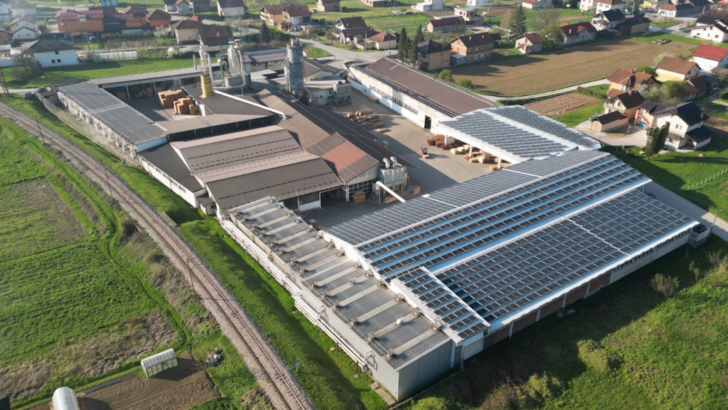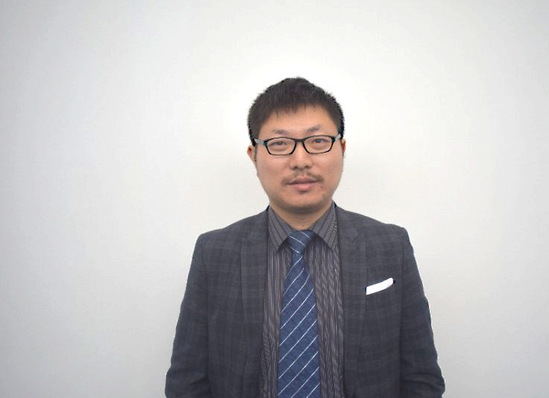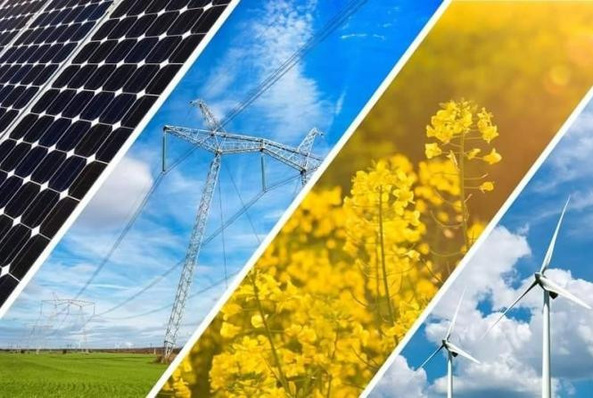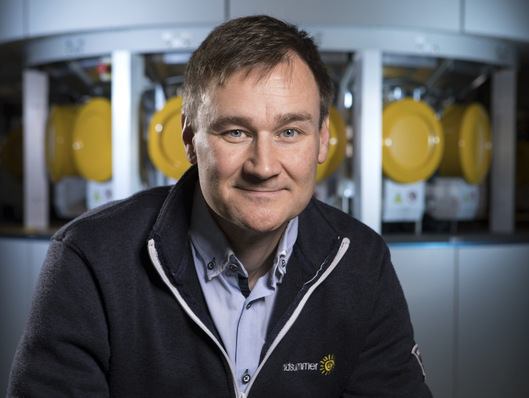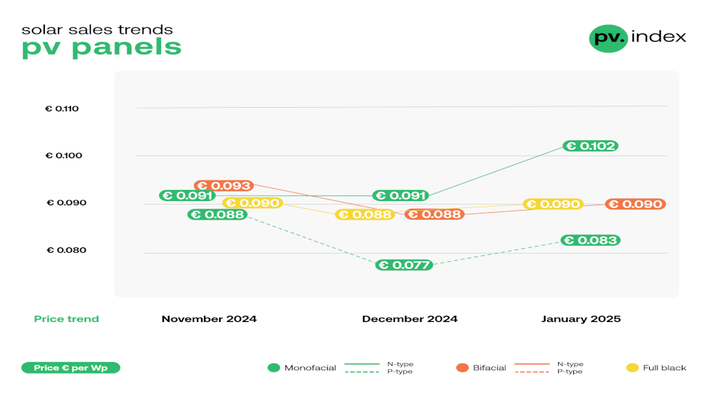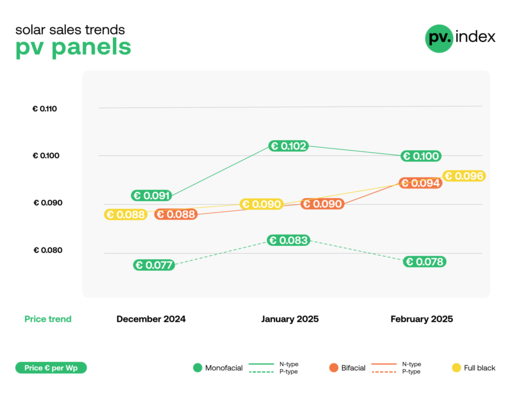In Visoko, Bosnia and Herzegovina, SECOM, a long-established wooden panel manufacturer, has improved its cost efficiency and competitiveness by installing a rooftop solar power system. The investment was supported by the SME Go Green programme, a financing facility of the European Bank for Reconstruction and Development (EBRD) and funded by the European Union. The programme helps small and medium-sized enterprises reduce environmental impact and adapt to rising energy and regulatory pressures.
Grzegorz Rabsztyn: “The EIB is playing a key role in supporting renewables and grid development”
Adapting to new market conditions
The 35-year-old company has weathered multiple market disruptions. Today, however, it faces new challenges, from high energy costs and falling export prices to tightening EU carbon regulations.
Funding by SME Go Green
The company secured a loan from Intesa Sanpaolo Bank d.d. BiH through SME Go Green, enabling it to install five integrated rooftop photovoltaic arrays with a combined power of 580 kW across its production halls.
Bartosz Majewski of Menlo Electric: “We are navigating a turbulent market”
Energy savings reinforce export competitiveness
Installed in November 2024, the system has already cut electricity costs by approximately 20 percent. The investment also qualified SECOM for a cashback grant covering 15 percent of the total project cost. In addition to financial savings, the shift to solar energy supports the company’s long-term market access, particularly in the EU, where sustainability requirements are increasing. SECOM exports primarily to Germany and Denmark, where carbon intensity in manufacturing supply chains is under growing scrutiny.
Matjaž Grošelj of K2 Slovenia: “We face strong competition”
Automation and circularity drive efficiency
To improve efficiency and address a shrinking local workforce, SECOM plans to automate high-risk and repetitive production tasks. At the same time, the company is advancing broader sustainability goals through a circular production model. Leftover wood is processed into pellets and briquettes, generating limited revenue but highlighting its commitment to waste reduction and resource efficiency.
Robert Janickas of Inion: “Blackouts are a lesson learned for flexibility”
Western Balkans SMEs face carbon compliance
As EU initiatives such as the Carbon Border Adjustment Mechanism (CBAM) raise regulatory expectations, companies in the Western Balkans are under growing pressure to demonstrate low-carbon operations. SECOM’s transition shows how SMEs in the region are adapting to align with evolving EU trade and environmental standards. The EBRD is a major institutional investor in the region and has so far invested over €19 billion in Estonia, Latvia, Lithuania and Poland to support the green transformation of businesses. (mg)
Steffen Emmerich of GOLDBECK SOLAR Polska: "You have to be perceived as a Polish company"


